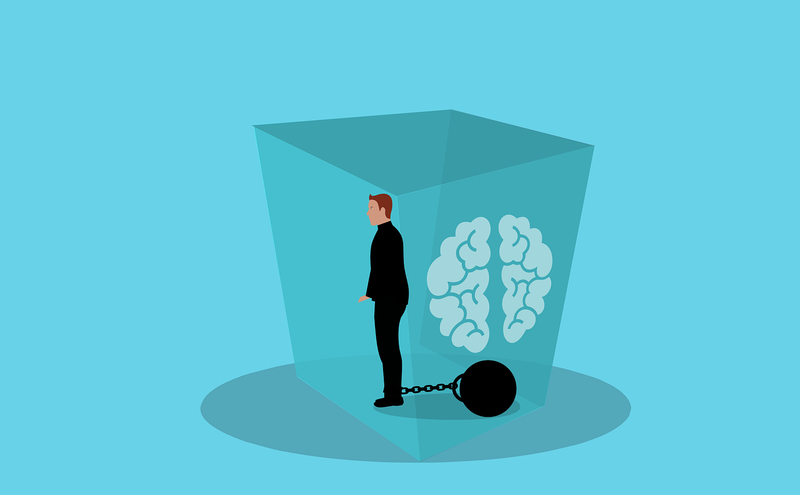Genetics and Adverse Childhood Experiences Shape the Adult Mind
Childhood experiences and genetics are important when it comes to understanding adult behavior and mental health, as they are critical to tracing back where present-day issues within an individual originate from. According to research, about one-third of all adult mental illnesses can be traced back to childhood. During the initial stages of childhood, the brain is like a sponge, greatly influenced and shaped by how an individual experiences the world around them. According to a recent study conducted by psychologists, what a child goes through between the ages of one to five is most impactful on behavioral and emotional issues that may manifest later in childhood and adulthood. Thus, understanding the importance of childhood experiences on the psyche, and specifically, how they can negatively change a child’s emotional responses, is important.
What is an adverse childhood experience? It is any potentially traumatic experience that a child goes through, including, but not limited to, physical or mental abuse, seeing a family member pass away, or parents getting divorced. Researchers have concluded that these are all experiences and events that can lead to a strong negative emotional response within a child. Furthermore, the negative effects from these experiences may be severe and long-lasting. They include increased risk for the emergence of depression and other emotional disorders like generalized anxiety disorder (GAD).
What is an adverse childhood experience? It is any potentially traumatic experience that a child goes through, including, but not limited to, physical or mental abuse, seeing a family member pass away, or parents getting divorced. Researchers have concluded that these are all experiences and events that can lead to a strong negative emotional response within a child. Furthermore, the negative effects from these experiences may be severe and long-lasting. They include increased risk for the emergence of depression and other emotional disorders like generalized anxiety disorder (GAD).
Image Source: PublicDomainPictures
Secondly, genetics are important in determining mental health outcomes for individuals. Individuals more at risk for depression are those for whom depression runs in the family (20–30% more likely), according to recent research on this topic. A factor of great influence here is whether the mother had or has depression because this affects the development of the child in the womb, as well as the child’s behavior and mental development throughout their life.
In conclusion, childhood experiences along with genetics may shape the adult mind, particularly when these experiences are negative. However, with greater knowledge and understanding of mental illness, intervention is possible.
Intervention methods in both childhood and adulthood can include cognitive behavioral therapy (CBT), in which an individual interacts with a licensed healthcare professional whose goal is to help make behavioral patterns less maladaptive. There have been important advancements in this field, particularly with adapting CBT to target children who have gone through trauma. Scientists have now successfully come up with a novel way of treating these children with a type of therapy called trauma focused-CBT (TFCBT). This is an evidence-based treatment plan in which children or adolescents and their parents work with a therapist to overcome trauma-related difficulties, such as aggressive behavior, withdrawal from the world, inability to interact with people socially, and more. Along with therapy, intervention during childhood can also involve changing the child’s environment to be more positive and teaching caretakers how to properly take care of a child’s mental health.
In conclusion, childhood experiences along with genetics may shape the adult mind, particularly when these experiences are negative. However, with greater knowledge and understanding of mental illness, intervention is possible.
Intervention methods in both childhood and adulthood can include cognitive behavioral therapy (CBT), in which an individual interacts with a licensed healthcare professional whose goal is to help make behavioral patterns less maladaptive. There have been important advancements in this field, particularly with adapting CBT to target children who have gone through trauma. Scientists have now successfully come up with a novel way of treating these children with a type of therapy called trauma focused-CBT (TFCBT). This is an evidence-based treatment plan in which children or adolescents and their parents work with a therapist to overcome trauma-related difficulties, such as aggressive behavior, withdrawal from the world, inability to interact with people socially, and more. Along with therapy, intervention during childhood can also involve changing the child’s environment to be more positive and teaching caretakers how to properly take care of a child’s mental health.
Featured Image Source: mohamed_hassan
RELATED ARTICLES
|
Vertical Divider
|
Vertical Divider
|
Vertical Divider
|






